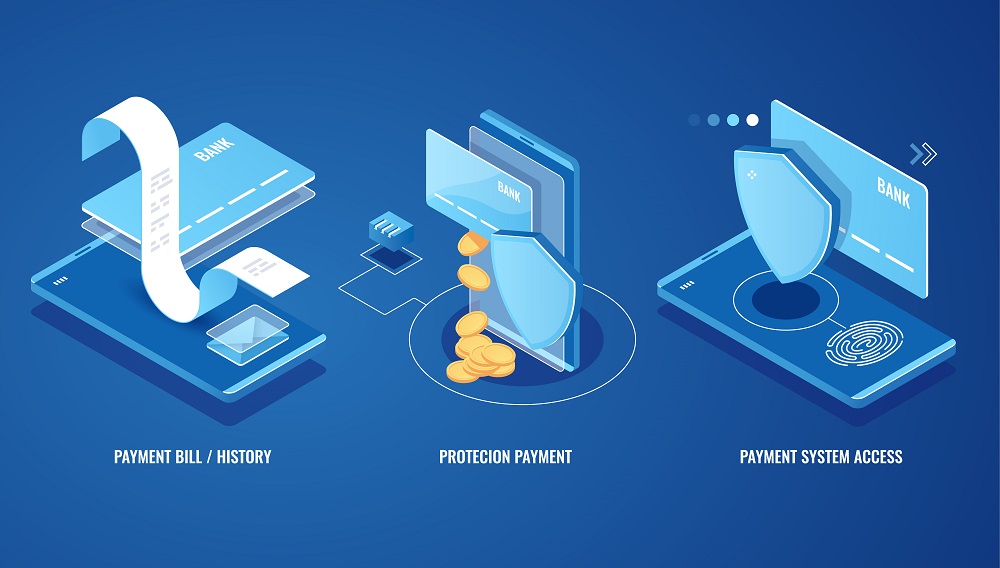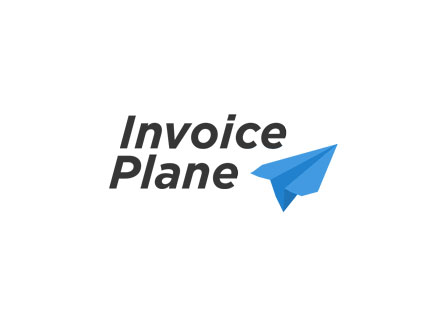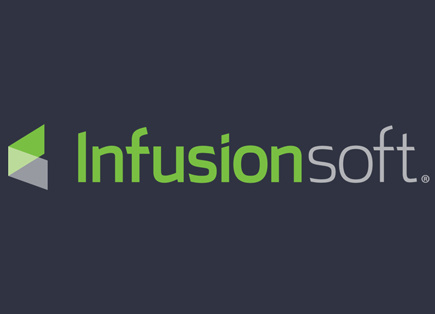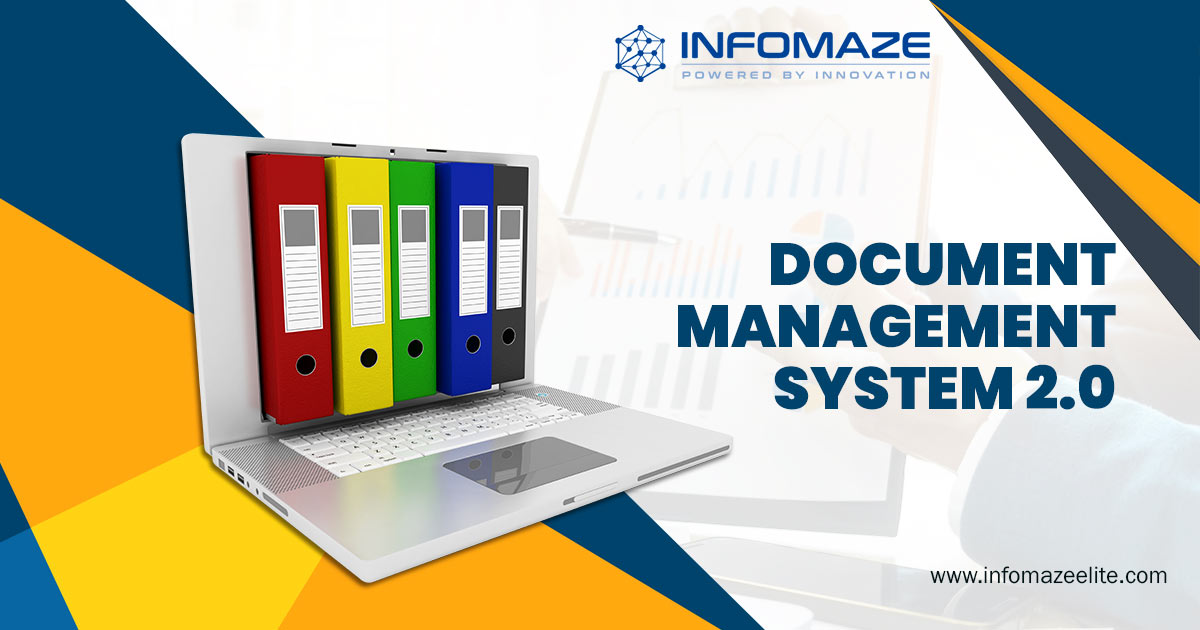PCI Security Standard Compliance and Integration
PCI (Payment Card Industry) DSS (Data Security Standard) is a security standard developed and maintained by the PCI council. Anyone who has access to the internet has come across PCI DSS at least once. PCI (Payment Card Industry) Security Standard is an information security standard for organizations handling branded credit cards from major card schemes.
PCI security standards council was founded by the top 5 credit card companies that set standards and mandated it for any business that handles, processes, or stores credit cards – regardless of their size and location to be PCI compliant. The key to achieve PCI-DSS (Payment Card Industry Data Security Standard) compliance in a cost-effective manner is to establish the right scope for the credit card handling infrastructure of an organization.

The US government has mandated PCI compliance on all online storefronts/websites/applications that make use of credit cards to safeguard the financial data of the end-users and manufacturers. Failing to do so, the concerned financial departments can sue the website holder for the losses incurred.
The compliance is required by any website that stores, transmits, or processes payment card information and is adopted by various companies like Visa, MasterCard, American Express, Discover Card, and JCB. The PCI security standards are the minimum requirements for protecting your customer’s payment card information.
Infomaze has a team of certified developers that will help you achieve PCI DSS compliance with much fewer efforts.
PCI Security Standards
As a result of increased identity theft and different kinds of frauds associated with credit cards; Visa and MasterCard came up with a proposal to safeguard credit card providers, banks and other financial establishments. The proposed solution led to improved PCI compliance security standards. These standards were generated for bigger security of delicate data when making payments, be it online or in-stores. Simply put, PCI compliance is imperative as it enhances security when making purchases using credit cards.
The creation of PCI standards were chiefly intended to ensure the security was covered on a larger scale when processing credit card payments. However, today they’re used as a standard to measure quality in the entire credit card industry. Those that fail to comply with these standards are fined heavily by banks and other financial institutions. Occasionally, credit card companies and banks can completely stop their services to certain merchants who fail to abide by these standards.

The security standards associated with PCI include quite a few important requirements and comprise multiple layers of protection that need approval from merchants as well as other institutions during the payment process. To be PCI compliant, you are required to:
- Implement effective control measures
- Maintain a safe network throughout
- Safeguard personal data of the card holder
- Implement a strong data security policy
- Regularly test and monitor networks
- Prevent security hazards by having a secure program
Companies that follow PCI compliance standards are required to carry out frequent reviews and scans by qualified companies for data security. Added to that, PCI compliance standards are very accurate and easy to follow.
Why PCI matters?
Security is a major concern for any business that offers services, whether online or in-stores. PCI compliance proves that the company takes the security and privacy of its customer’s data seriously. It brings in more clients, as their trust will go up if they know that the company has taken necessary measures to safeguard their personal information. PCI compliance can also increase the company’s reputation among credit card providers, banks, and other financial institutions.
Nowadays, following the said security measures are a standard in the credit card industry. It is an indication of good business practices and is used up to build the customer’s trust in the company. It also greatly reduces the risks associated with monetary transactions. Clients can thus feel relaxed while making transactions with a business that complies with PCI standards, even while giving away their private data.
In conclusion, PCI compliance is crucial for online businesses for various reasons whether they want to win customer’s confidence, enhance their relationship with banks, or to avoid possible penalties for failing to comply by these standards.
Should you get PCI DSS compliance?
Data security is crucial when you run an online business. You need to go to all extents to reduce the risk of data fraud that could easily jeopardize your brand’s reputation. Data breach causes more damage than you can think of as it causes permanent loss of customers that will never revisit your website. Not just that, it also comes with other charges such as fines, penalties, or even higher costs of compliance in the future.
The PCI DSS puts into effect a set of practices for companies to follow to protect their customer’s card details. It is therefore recommended to get the PCI DSS Compliance by filling up the SAQ form that best suits your business type.

PCI compliance is obligatory for all eCommerce merchants that accept card payments on their website. All sensitive data entered by customers must be well-guarded. Therefore, it’s important for your customers to know that your website is safe from identity thefts and other frauds at all times.
Why choose Infomaze?
Infomaze Elite has worked with various payment gateways including Stripe, Paypal, Zoho, etc. Our experts work closely with clients to understand their requirements and implement industry best practices. We help customers with PCI DSS integration and help avoid a costly, time-intensive on-site data security assessment. We use advanced technologies like tokenization and make sure that sensitive data is safeguarded at all times.
Contact us now for a customized quote!
Categories
- AI/ML (6)
- Application Migration (8)
- BI (7)
- Case Study (28)
- CRM (8)
- Dot Net (8)
- Informational Blog (71)
- IT Help Desk (8)
- Mern Stack (1)
- Microsoft 365 (2)
- Mobile Application (9)
- Offshore Development (10)
- Outsourcing Services (1)
- PHP (11)
- PowerBI (7)
- QuickBooks (6)
- ReactJS (4)
- SEO (14)
- SharePoint (3)
- Web Application (10)
- Xero (1)
- Zoho (15)
- Zoho Case Study (38)




Disclaimer: All rights belong to the owner. No Copyright or Trademark Infringement Intended.





